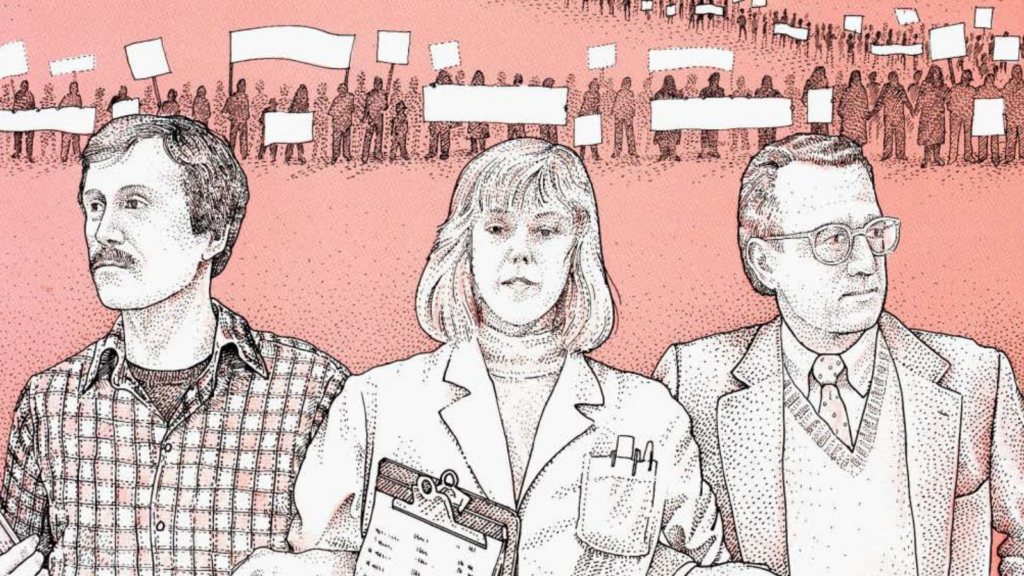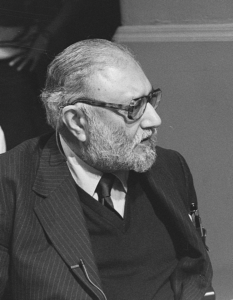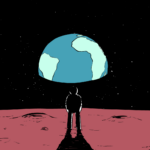A perspective from 1988: The Third World needs scientific advancement
By Abdus Salam | August 10, 2023
 This is a section of a 1988 Bulletin magazine cover. This issue focused on the victories of antinuclear activists and groups, with a large focus on the Dagomys Declaration that the Pugwash Council released in September of 1988.
This is a section of a 1988 Bulletin magazine cover. This issue focused on the victories of antinuclear activists and groups, with a large focus on the Dagomys Declaration that the Pugwash Council released in September of 1988.

In a 1988 Bulletin magazine issue that focused on the victories of antinuclear activists and groups, theoretical physicist Abdus Salam wrote an article calling on first-world countries to provide more significant support for scientific advancement in third-world countries. He noted that “The science community in the poor countries has received scant help from its peers in the richer countries.”
This article appears here as part of our 2023 summer archive dive, which resurfaces a timeless Bulletin article each week.
______________________
Nine hundred years ago, a great physician of Islam living in Bokhara in central Asia, AI Asuli, wrote a medical pharmacopeia which he divided into two parts, “Diseases of the Rich” and “Diseases of the Poor:’ If AI Asuli were alive and writing today, I am sure he would divide his pharmacopeia into the same two parts. One part of his book would speak of the threat of nuclear annihilation inflicted on humanity by the rich. The second part of his book would speak of the great affliction that the poor half of humanity suffers: underdevelopment, attended by undernourishment and famine.
He would add that both these diseases spring from a common cause: excess of science and technology in the case of the rich, and the lack of science and technology in the case of the poor. He might also add that the persistence of the second affliction, underdevelopment, is harder to understand, considering that scientific and material resources are available to eradicate poverty, disease, and early death for the whole of humankind in this age of scientific miracles.
What do I mean by scientific miracles? Take the miracle of abundant food in the United States and Europe, leading to the scandal of food mountains. This cornucopia may be due to temperate weather, to good husbandry, and to wise investment policies. But let us not forget the scientific basis of modern agriculture. Similar methods could make the whole world into a granary rather than one marked by deficits …
To continue reading this article, visit our online archive here.
Subscribe to the Bulletin’s premium magazine to access over 75 years of authoritative reporting on existential threats.
Together, we make the world safer.
The Bulletin elevates expert voices above the noise. But as an independent nonprofit organization, our operations depend on the support of readers like you. Help us continue to deliver quality journalism that holds leaders accountable. Your support of our work at any level is important. In return, we promise our coverage will be understandable, influential, vigilant, solution-oriented, and fair-minded. Together we can make a difference.
Keywords: history, poverty, science
Topics: Special Topics















